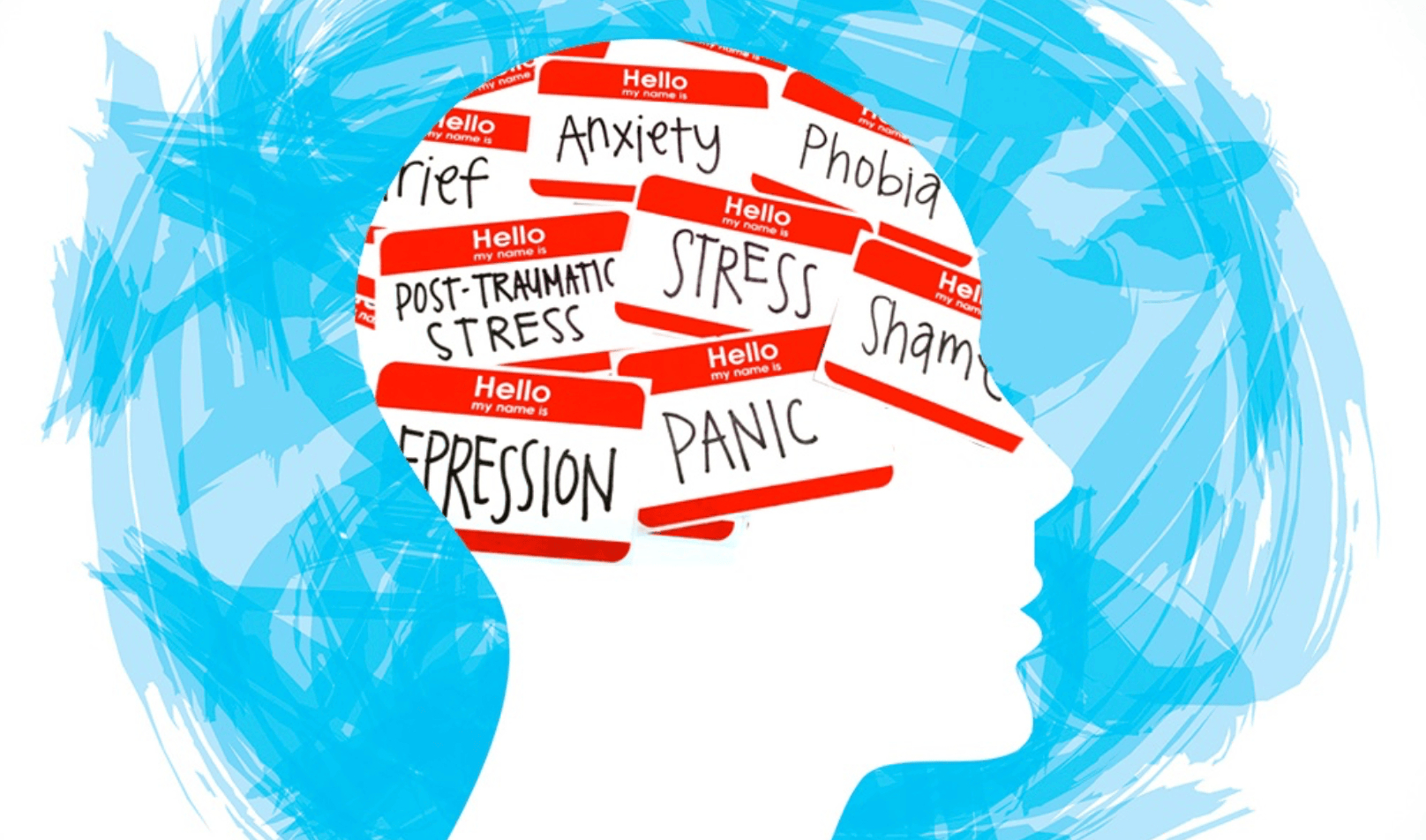Trusted Inpatient Mental Health Treatment for Enduring Wellness
Trusted Inpatient Mental Health Treatment for Enduring Wellness
Blog Article
Comprehensive Inpatient Mental Health Solutions for Effective Therapy
Inpatient mental wellness services represent a critical element of the medical care system, providing a organized and extensive environment for individuals experiencing serious emotional distress. These services utilize a multidisciplinary strategy, integrating various evidence-based therapies to address the complicated requirements of people. The efficiency of such thorough treatment extends beyond immediate stabilization; it likewise includes the change to outpatient assistance, a critical phase frequently ignored - mental health services. Checking out the nuances of this continuum exposes considerable ramifications for both private healing and wider psychological health outcomes. What factors truly influence this change, and just how can we boost its performance?
Recognizing Inpatient Mental Health Services
Inpatient psychological health and wellness services provide essential assistance for individuals experiencing extreme psychological distress that can not be taken care of successfully in an outpatient setting. These solutions are created to provide an extensive level of treatment in a structured setting, commonly within a hospital or specialized facility. People admitted to inpatient programs typically present intense signs and symptoms, such as self-destructive ideation, severe anxiety, or psychosis, necessitating continuous monitoring and treatment.
The admission process typically entails an extensive analysis by mental wellness professionals, that evaluate the person's frame of mind, history, and prompt needs. When confessed, patients take part in a selection of therapeutic modalities customized to their specific demands, consisting of medication administration, specific therapy, and team sessions. This holistic method intends to maintain the patient's condition, advertise safety and security, and foster coping skills.
Inpatient psychological health services not only address instant wellness concerns but likewise work as a bridge to ongoing treatment. By supplying a regulated environment, these services help with the advancement of therapy strategies that can be continued in outpatient settings, therefore making sure a continuum of treatment and boosting lasting outcomes for individuals with complex mental wellness requirements.
Key Parts of Effective Treatment
Effective therapy in inpatient psychological wellness services consists of numerous vital parts that foster healing and stablizing. A comprehensive assessment is essential to recognize the person's certain requirements and difficulties. This evaluation notifies the development of a tailored therapy strategy, which functions as a roadmap for intervention.
Another essential component is the multidisciplinary team technique. Partnership among psychoanalysts, psycho therapists, nurses, and social workers ensures that different point of views contribute to the person's treatment, enhancing the performance of therapy. Evidence-based therapeutic modalities, such as cognitive-behavioral therapy (CBT) and dialectical behavior modification (DBT), are likewise important, giving structured techniques that resolve maladaptive idea patterns and behavioral concerns.

Last but not least, a focus on aftercare planning is critical to make sure a seamless change to outpatient services, reducing the risk of regression and promoting lasting wellness. These cumulative elements create an efficient treatment structure within inpatient mental wellness services.
Advantages of Comprehensive Care

Detailed treatment in inpatient mental health services uses countless benefits that considerably improve person outcomes. One of the primary advantages is the all natural approach his comment is here to treatment, attending to not just the emotional symptoms but also the physical, social, and emotional requirements of individuals. This comprehensive analysis allows for tailored interventions that promote overall wellness.
One more benefit is the combination of multidisciplinary groups, which cultivates collaboration among healthcare professionals. This collaborative environment ensures that patients receive collaborated care, minimizing the danger of fragmented therapy and improving communication among caregivers. Furthermore, comprehensive care assists in connection of services, permitting seamless changes from inpatient to outpatient setups, which is vital for lasting healing.

Finally, the structured atmosphere of extensive inpatient care provides a safe room for people to involve in restorative activities, helping them develop dealing approaches and strength. Collectively, these advantages add to a lot more reliable therapy and boosted lifestyle for people experiencing mental health situations.
Evidence-Based Healing Techniques
In the realm of psychological health Continue and wellness treatment, evidence-based therapeutic approaches play an essential role in making certain that individuals get effective and medically supported treatments. These approaches incorporate the very best available study with scientific knowledge and patient worths, fostering a customized treatment experience that resolves private needs.
Cognitive Behavioral Treatment (CBT) is just one of the most commonly identified evidence-based methods, concentrating on recognizing and altering adverse thought patterns and habits. This organized strategy has demonstrated effectiveness in dealing with problems such as anxiousness, ptsd, and depression. Dialectical Actions Treatment (DBT) is specifically reliable for people with borderline individuality problem, stressing the growth of psychological guideline and social efficiency skills.
Furthermore, medicine management is frequently an essential element of evidence-based treatment, as psychotropic medications can alleviate symptoms and boost total performance. Collective care models, which entail multidisciplinary groups, further boost the efficiency of inpatient solutions by guaranteeing extensive evaluations and continual surveillance.
Eventually, the integration of evidence-based healing techniques not only advertises favorable medical outcomes yet likewise empowers people, cultivating a sense of firm and durability in their mental wellness journeys.
Transitioning to Outpatient Support
The change from inpatient mental health solutions to outpatient support notes a vital phase in an individual's recovery trip. This period calls for careful preparation and sychronisation to make sure connection of care and to alleviate the risks of regression or crisis. Efficient discharge preparation must start early in the inpatient remain, involving a multidisciplinary group that consists of psychoanalysts, psychologists, registered nurses, and social workers.
Secret elements of a successful change include the growth of an extensive aftercare strategy tailored to the person's details requirements. This strategy should describe follow-up consultations, medication administration, and healing interventions, in addition to recognize community resources and support system that can facilitate continuous recuperation.
Moreover, client and household education and learning is vital during this stage. Comprehending the indications of possible setbacks and the significance of adhering to therapy can encourage people and their support group.
Regular follow-up and reassessment of the outpatient plan are necessary to deal with progressing difficulties. By cultivating a collaborative relationship between inpatient and outpatient carriers, the likelihood of sustained recovery rises, ultimately enhancing the patient's lifestyle and reducing the risk of readmission.

Conclusion
In recap, thorough inpatient psychological wellness solutions provide a vital structure for attending to serious mental distress with a multidisciplinary technique. Eventually, such detailed treatment is important for long-lasting mental health and well-being.
The admission procedure generally entails a thorough analysis by psychological health and wellness experts, who evaluate the person's psychological state, history, and immediate needs.Reliable therapy in inpatient mental health solutions consists of a number of essential components that cultivate healing and stabilization.Comprehensive treatment in inpatient psychological health solutions uses many benefits that significantly boost individual outcomes.The change from inpatient psychological health solutions to outpatient support marks an essential phase in a patient's my review here recuperation journey.In recap, detailed inpatient mental wellness solutions provide an essential structure for dealing with extreme mental distress via a multidisciplinary method.
Report this page